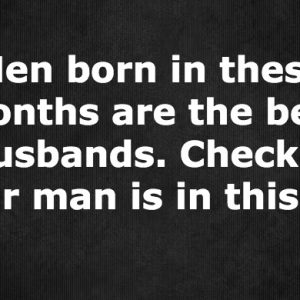Robert Redford’s Heartbreaking Regret
Robert Redford, the beloved actor, director, founder of Sundance, and icon of American cinema, passed away at 89 on September 16, 2025. Along with tributes to his nearly unmatched contributions to film and culture, many are reflecting on comments he made in interviews about the one thing he wished he had done differently. According to several sources, Redford once revealed that his biggest regret was **not telling his mother “thank you”**, before she died.
—
## Who His Mother Was, and Why She Meant So Much
Redford’s mother, Martha Hart (sometimes referred to as Martha Redford), died when Robert was just 18. She passed away after complications tied to childbirth—following the loss of twin girls at birth, Martha developed a serious disorder involving hemorrhage. Redford has spoken in past interviews about how deeply her death affected him, both emotionally and in shaping his view of the world.
He has described her as someone who was adventurous, positive, caring—a person who believed in him even when he struggled. She is often cited as his earliest supporter, someone who saw potential in him before many others did.
—
## The Regret He Shared
Redford said that he regretted not having told her “thank you,” while she was still alive. He felt he took her love and support for granted—and after her death, realized how important it was to acknowledge those things while there was still time.
“Thank you” in this context was more than just a polite phrase; it was about appreciation, recognition, and gratitude for all she did in difficult circumstances—raising a family, encouraging him, believing in him, and shaping the foundation of who he became.
—
## Why This Regret Resonates
1. **Universality of Regret**
Most people have someone in their lives—parent, mentor, friend—whom they admire but may never fully express their gratitude to. Redford’s admission touches a deeply human chord because it’s something many can relate to.
2. **The Power of Parental Influence**
For Redford, his mother’s influence was fundamental. Her belief in him seems to have been a driving force in his early life and career. Reflecting on her death later, especially when he became successful and influential, made that absence—in gratitude—more painful.
3. **Public Figure, Private Heart**
Despite Redford’s status as a screen legend and public figure, this regret illuminates the private, emotional landscapes behind his achievements. It shows that even celebrated, accomplished people experience loss, regret, self-reflection. It reminds audiences that success doesn’t erase human vulnerability.
4. **A Reminder for All of Us**
Because Redford spoke about this regret publicly, it acts as a reminder to others: don’t wait to say the things that matter. Acknowledging love, support, or gratitude while people are still alive matters, and often, matters deeply.
—
## Connection to His Life & Legacy
* Redford’s early years were marked by hardship. Losing his mother at a formative age, dealing with polio, struggling financially, being a “bad student” at times — he often had to find drive, self-belief, and direction from limited sources.
* Throughout his career, Redford not only honored his roots (e.g. in his stories, in how he treated colleagues) but also carried forward values – respect for nature, integrity, mentoring younger artists, funding independent work. One might see these as ways he tried to live out the gratitude and responsibility he felt (perhaps after recognizing what he hadn’t said earlier).
—
## Takeaway
Robert Redford’s confession about his biggest regret is more than a private sorrow—it’s a lesson. It shows how gratitude, acknowledgment, and saying “thank you” to those who form our early world often go overlooked until it’s too late.
For fans, for the world, it adds a poignant dimension to his legacy—not just of movies made, festivals founded, activism pursued, but also of a human journey marked by love, loss, regret, and the hope that we might do differently than him in our own lives.
—
Would you like a version of this article emphasizing how people can apply his lesson personally — maybe some advice or talking points for readers on expressing gratitude?





